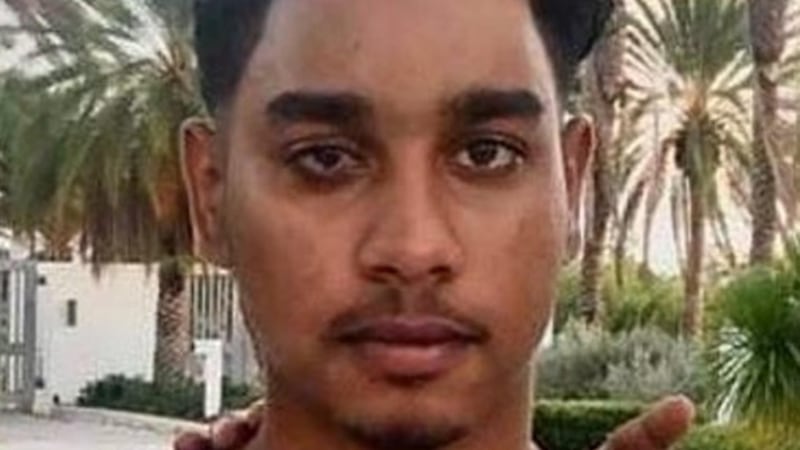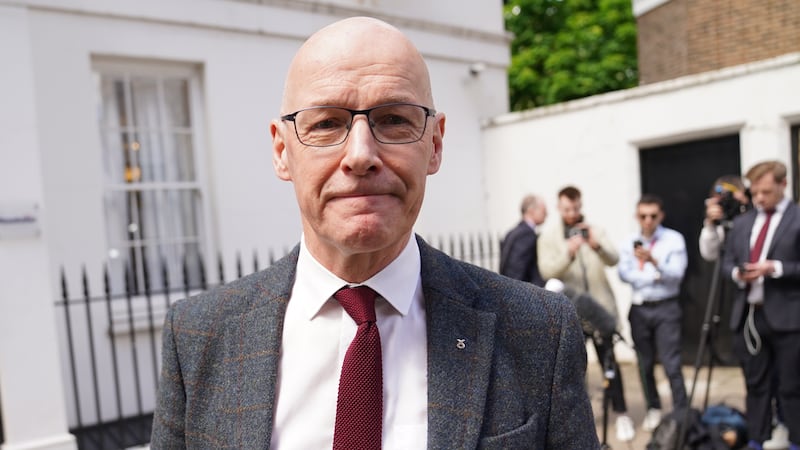WHEN all five of the north's health trusts announced the cancellation of planned 'non-urgent' operations a year ago due to A&E pressures, it hit the headlines nationally.
While some senior health officials attempted to play down the crisis, it became apparent the system was buckling and that the situation was unprecedented.
At the time, trusts referred all queries to the Health and Social Care Board (HSCB) who, they said, were "leading" on the issue.
The Board is ultimately responsible for overseeing the work of the health trusts, which includes monitoring their waiting lists and cancellation of operations.
While obtaining initial information on the scale of the cancellations proved extremely difficult, the Board and trusts repeatedly reinforced the message that cancer patients and urgent cases were unaffected.
The emergence of the cancellation of cancer surgeries, as reported in today's Irish News, is a new and worrying development for our already overstretched health service.
While the numbers may be small, they represent individuals who have been diagnosed with a potentially life-threatening illness and have been classified as 'red-flag' referrals.
In the case of the young mother who had her surgery put back by three weeks - and who received just 24 hours notice - because no anaesthetist was available, that delay must have been torturous.
What is equally concerning is that this information, which is clearly a major of public interest, is not recorded in the performance reports of the Board’s monthly minutes on the trust's work.
There is no question that Northern Ireland has some of the best cancer consultants, nurses and healthcare professional staff.
But it is how these staff are being utilised and how urgent patients are treated that is now under scrutiny.
With one in two people expected to receive a cancer diagnosis within 15 years time - it is currently one in three - and patients living longer with increasingly complex conditions, there is increasing pressure for the system to be overhauled and improvements made.
As one senior medic put it: "One patient's cancer surgery being cancelled is one too many".



